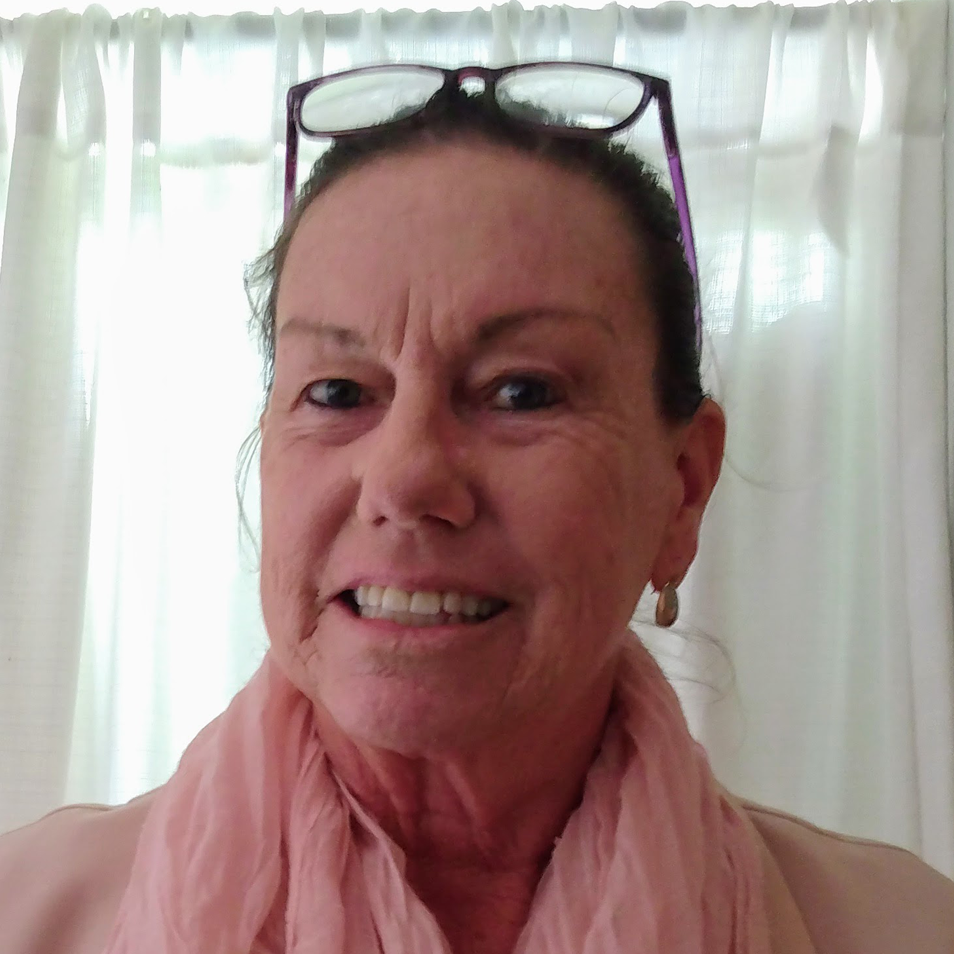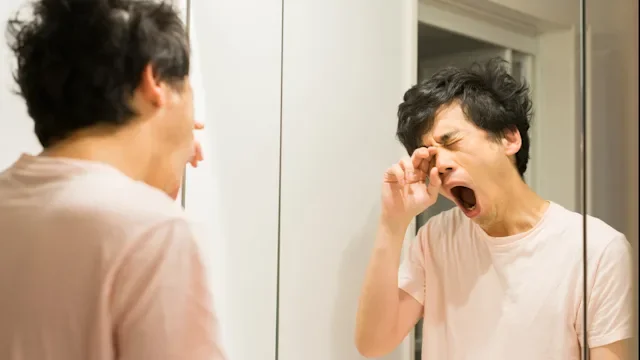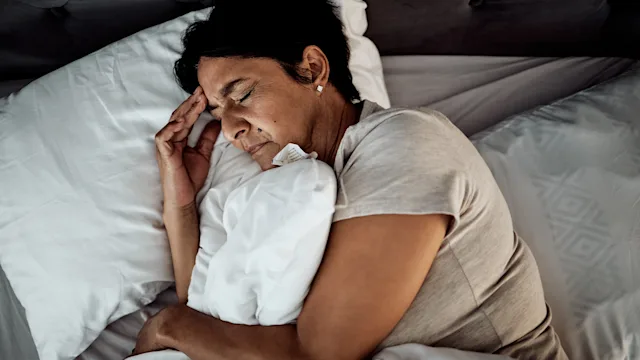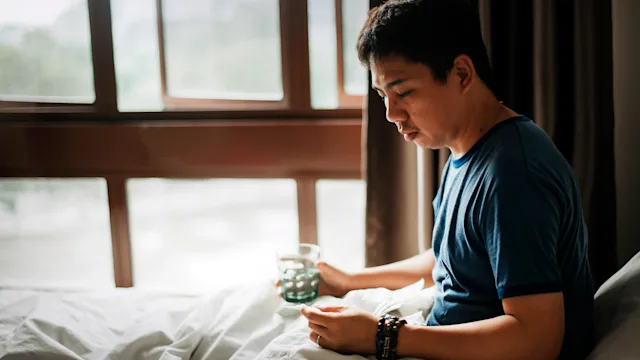Key takeaways:
Owen Norton’s problems with insomnia lasted for decades.
He tried various medications to help mitigate his sleep issues.
Today, he says natural remedies and acceptance are the best medicines.
As a social worker for the federal government, Owen Norton counseled active-duty soldiers on the things they saw during battle. He also started a domestic violence program at a Marine Corps base in Hawaii, which was attended by wives of soldiers, who recounted the abuse they were suffering. Those sessions weighed heavily on him, and he had difficulty sleeping.
On top of that, Owen’s beloved wife, Donna, suffered from cancer for years, initially keeping it a secret out of fear of being treated differently. During that time, Owen was left without a support system.
“The natural support system of my family and friends would have been good. I was just kind of bottling this up inside,” Owen says.
Search and compare options
As a result, he continued to have many sleep issues.
Foreign travel would compound his bad sleep. Red-eye flights, different time zones, and other factors hurt his ability to get into a good sleep pattern.
“Besides all of this, it was just the everyday stresses and raising two small kids,” Owen says.
30 years of insomnia
Any one of these stressors alone could lead to difficulty sleeping. But Owen experienced them all. They eventually became the building blocks for nearly 30 years of insomnia.
Over the years, he has tried various medications and natural interventions to help with his insomnia.
He noticed that he used to have a pattern during his worst times dealing with insomnia. His frustration would typically start around 9:30 or 10 in the evening, when he would lie down. Then, the tossing and turning would come. Then, he would get up and go to the bathroom, even if he didn’t need to. Then, he might read a book or watch the clock, feeling defeated.
“Now, I might put on a relaxation tape or a sleeping meditation video on YouTube, and it works,” he says.
Owen’s journey of living with insomnia included experimenting with treatments that worked — and some that didn’t. He says others may benefit from knowing about both. Here are five things he either kept stocked in his medicine cabinet or used to replace them.
1. Early on, a sedative called Halcion
Early in his diagnosis, Owen’s doctor prescribed a sedative called Halcion (triazolam). It was effective, but Owen did not stay on it because he did not want to become dependent. His provider told him it was intended only for short-term use because people can become addicted. It’s generally used for 2 to 3 weeks.


2. Then, he switched to Ambien
Based on his doctor’s advice, he tried Ambien (zolpidem), an inexpensive medication used to treat insomnia.
“I was taking Ambien, especially before long flights, to be able to sleep,” he says. “It was helpful, and I still take it occasionally.”
But he doesn’t take it regularly or refill his prescription often.
“I’m taking one every couple of months, after a couple of days of not sleeping well,” Owen says.
Recently, he received some unexpected good news and the excitement caused two sleepless nights, after which he took an Ambien to get a good night’s sleep.
3. He found that melatonin and Benadryl didn’t work
There were two things that Owen’s doctors recommended but that he says weren’t helpful: Melatonin (a dietary supplement) and Benadryl (an over-the-counter medication used to treat allergies). Both are said to promote drowsiness. But, while they may work for some people, they didn’t work for him, he says.
Once, before a flight, he did not have any Ambien with him and stopped at the airport pharmacy for Benadryl.
“Didn’t do anything for me,” he says. “It was the same with Melatonin. I tried it, and it didn’t do anything.”
4. He traded medication for meditation
Then, he decided to trade his medicine cabinet for a different approach. Owen’s son, who looks for natural therapies to employ in his own life, suggested meditation.
“Sleeping meditation tapes and breathing exercises works pretty good for me,” Owen says.
He has learned to accept when he cannot sleep and is content that he is merely resting.
“Instead of thinking, ‘I gotta go to sleep,’ I think: ‘Wait a second, if I’m not sleeping, I’m just resting. And that’s OK,” he says.
5. Now, his go-tos are natural remedies
At 73, Owen is retired and living in Kailua, Hawaii. He plays tennis and walks regularly. At times, the exercise does help him sleep better. Other times, he says, it doesn’t do the trick. But he keeps it up to stay healthy.
Today, he doesn’t usually have a pattern of sleeplessness. Instead, he says, he has found success with his natural remedies: meditation, breathing, and acceptance.

Why trust our experts?

















